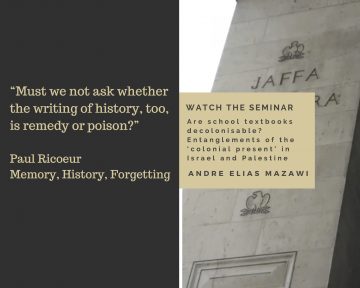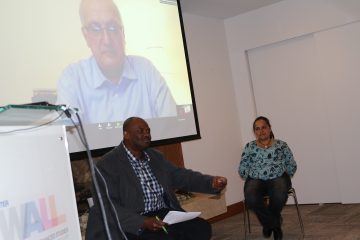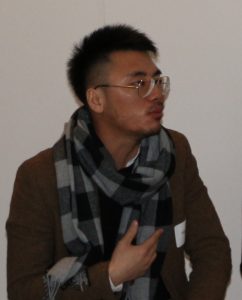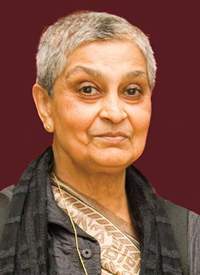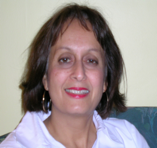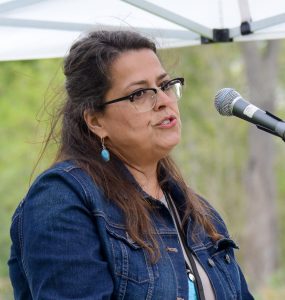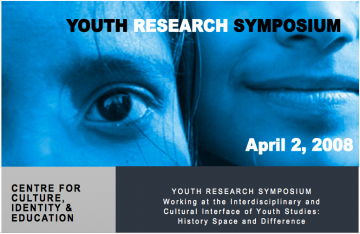Watch: “Decolonizing Higher Education Internationally” (panel)
Decolonizing Higher Education Internationally
“The enduring educational challenges of setting horizons of hope beyond modern-colonial imaginaries” by Vanessa de Oliveira Andreotti (UBC)
“What Does it Take to Decolonize Palestinian Higher Education? ” by André Elias Mazawi
“Youth Activism and Academia as Public Sphere” by Handel Kashope Wright.
Watch: “Look! Listen! Speak! Eat! : Chinese Pride on the Table” by Yao Xiao
I take this presentation as an opportunity to share with you how “decolonization” might be Sinicized, and how a Chinese subject like myself might engage with decolonization differently. Based on autobiographical stories, research projects, and informal conversations with community friends, I unpack the affect of Chinese pride for its decolonial relevance in at least two landscapes: (1) in a landscape of international intellectual work, the anxiously ascending Sinophone interests in dealing with/learning beyond Euro-American academic influences; (2) in a landscape of grassroots lives and activism, the mixed compassion, commitment, as well as confusion in speaking with/learning from people who situate and still struggle in webs of metropoles and margins.
Postcolonialism and Critical Pedagogy
The only activism I know
Keynote speaker: Gayatri Chakravorty Spivak, Columbia University
Panel Discussion: Sneja Gunew, Renisa Mawani, and Prabhsharanbir Singh
Service Learning for Social Justice and Cultural Studies Praxis
Cultural Studies Methodology, Sociality and the Praxis of Project Citizen
Introduction: Handel Wright, Linc Kesler, and Sunera Thobani
Keynote speaker: Awad Ibrahim, University of Ottawa
Panel Discussion: Shauna Butterwick, Maryam Nabavi, and Marilou Carrillo
Anti-racism and Critical Race Feminist Theory
Race, Space and Prostitution
Introduction: Handel Wright, Linc Kesler, and Sunera Thobani
keynote speaker: Sherene Razack, University of Toronto
Panel Discussion: Annette Henry, Indira Prahst, and Benita Bunjun.
Indigenous Praxis and World Majority Peoples’ Identity Politics
We Own Ourselves: The Role of Indigenous Knowledge Systems, Self-Definition and Self-Determination in Indigenous Justice
Introduction by Handel Wright, Linc Kesler, and Sunera Thobani
Panel Discussion by Rain Daniels, Dorothy Christian, and Charles Menzies.
Watch: “Learning to Protest: Youth Activist Struggles for Recognition and Symbolic Authority in a Neoliberal Moment” by Jackie Kennelly
This paper explores the material effects of an array of cultural and subcultural forces on three groups of urban Canadian young people: youth activists in Toronto, Montreal, and Vancouver. The main argument of the paper is that histories of liberal discourses, symbolic and material forms of racism, colonialism and class conflicts, as well as the contemporary ascendancy of neoliberalism, have created a specific cultural space that have identifiably shaped youth activist subcultures in Canada. The paper builds this argument on the basis of a year-long ethnography with 38 young people (ages 13-29) engaged in youth activist subcultures contesting globalization, war, poverty, and/or colonialism across Canada’s three largest cities. In the first section of this three-part exploration, I consider the influence of liberalism and neoliberalism, reading the pressures faced by young activists through the lens of these two ideological forces.
